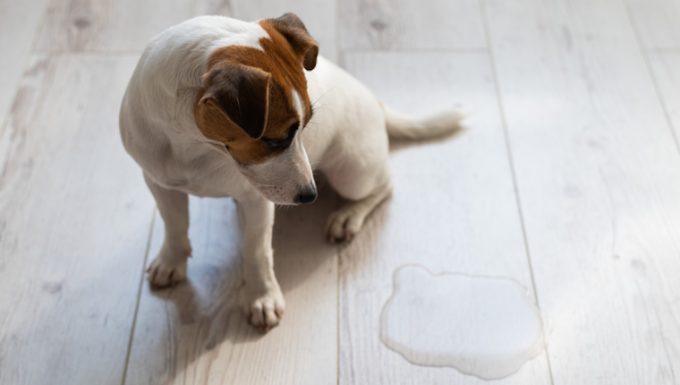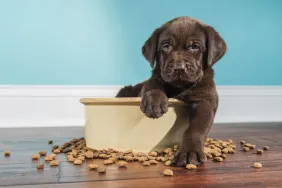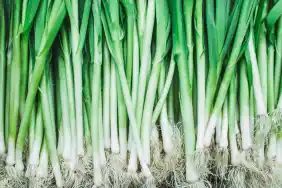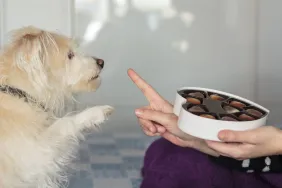Gallbladder obstruction in dogs happens when mucoid bile builds up in the gallbladder. Subsequently, tissue damage can occur.
The condition is also sometimes known as gallbladder mucocele.
Unfortunately, the condition affects specific breeds more than others, including Cocker Spaniels, Shetland Sheepdogs, and Miniature Schnauzers.
If you see the signs of gallbladder obstruction in your dog, then get to a veterinarian for a proper diagnosis and treatment.
Here’s what you should know about the symptoms, causes, and treatments for the condition.
Symptoms of Gallbladder Obstruction in Dogs
The condition can produce a range of symptoms. Although in some cases the condition is asymptomatic.
Some of the most common symptoms the condition produces include:
- Anorexia
- Fever
- Abdominal pain
- Dehydration
- Vomiting
- Peeing more than usual
- Drinking more water than usual
- Jaundice (skin turning yellow)
Causes of Gallbladder Obstruction in Dogs
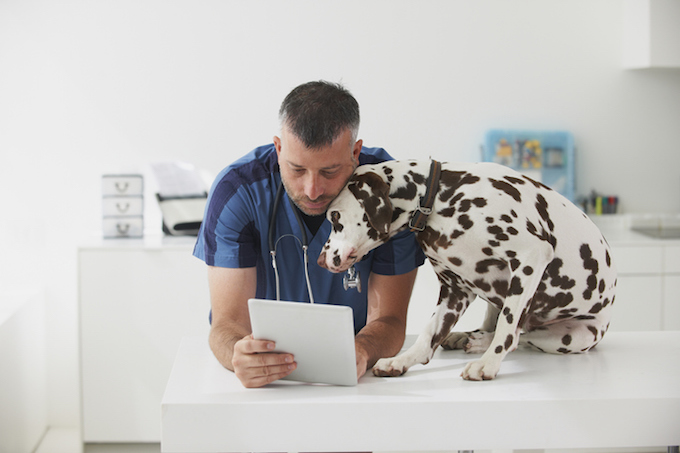
The cause of the condition is a build up of mucoid bile in the gallbladder. For example, some of the factors that can cause this include:
- Metabolism issues
- Consuming a high fat diet
- Enlarged gallbladder glands
Additionally, the following breeds of dog are most at risk of developing the condition:
- Shetland Sheepdogs
- Miniature Schnauzers
- Cocker Spaniels
Treatments for Gallbladder Obstruction in Dogs
Firstly, your vet will ask about your dog’s symptoms. Secondly, your vet will ask about your dog’s medical history. This will include any breed-specific issues.
Thirdly, a full physical examination will be carried out.
Blood and urine tests will also be taken. Additionally, imaging procedures will be used to confirm the condition.
Treatment usually involves surgery. This procedure will remove the obstruction. In severe cases, the gallbladder itself can be removed. This process is called a cholecystectomy.
Generally, dogs recovering from the condition will need to stick to a low fat diet. Your vet will help formulate a safe and appropriate diet for your dog’s needs.
Have you ever cared for a dog who suffered from this condition? How did your vet help your dog recover? Let us know in the comments section below.
